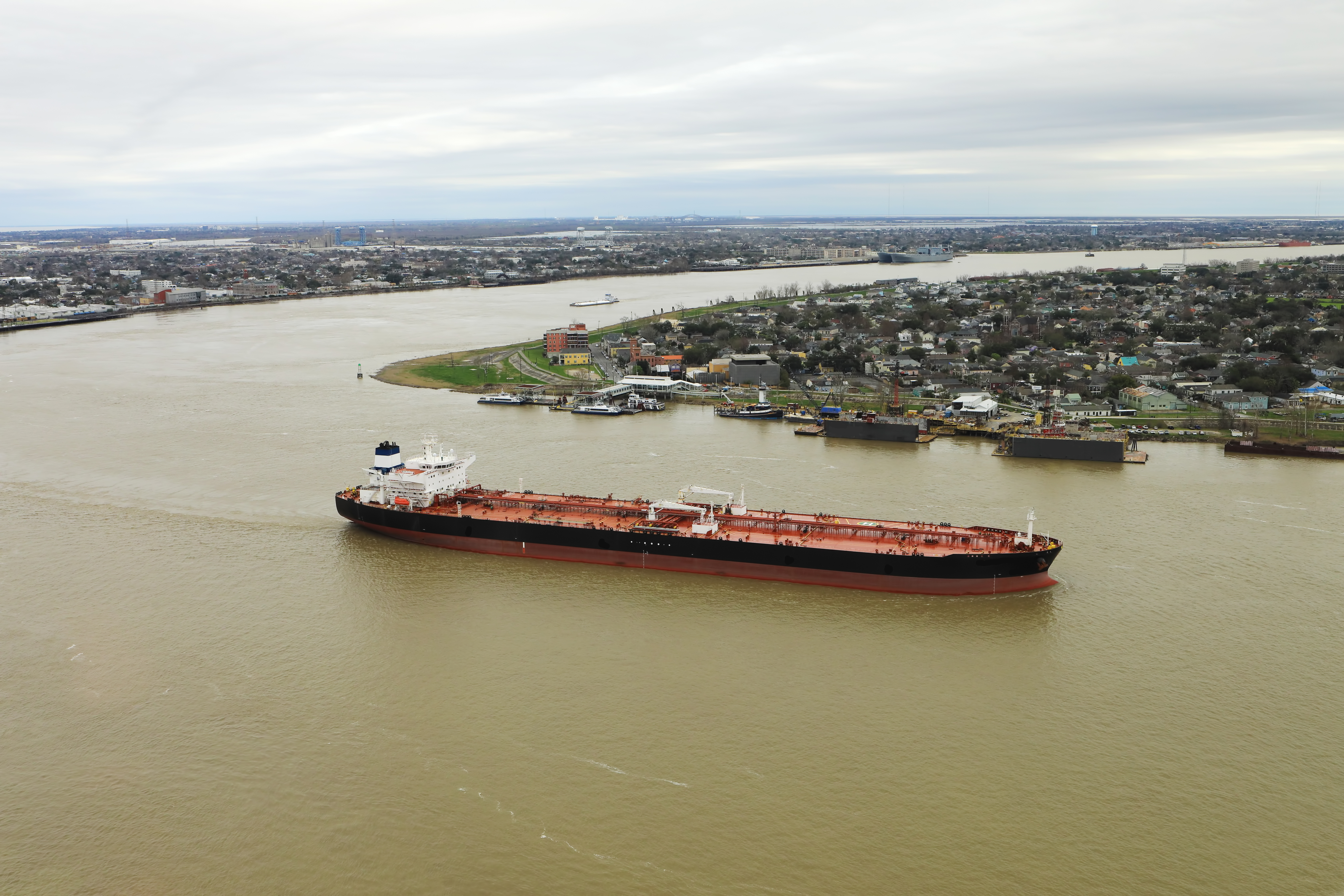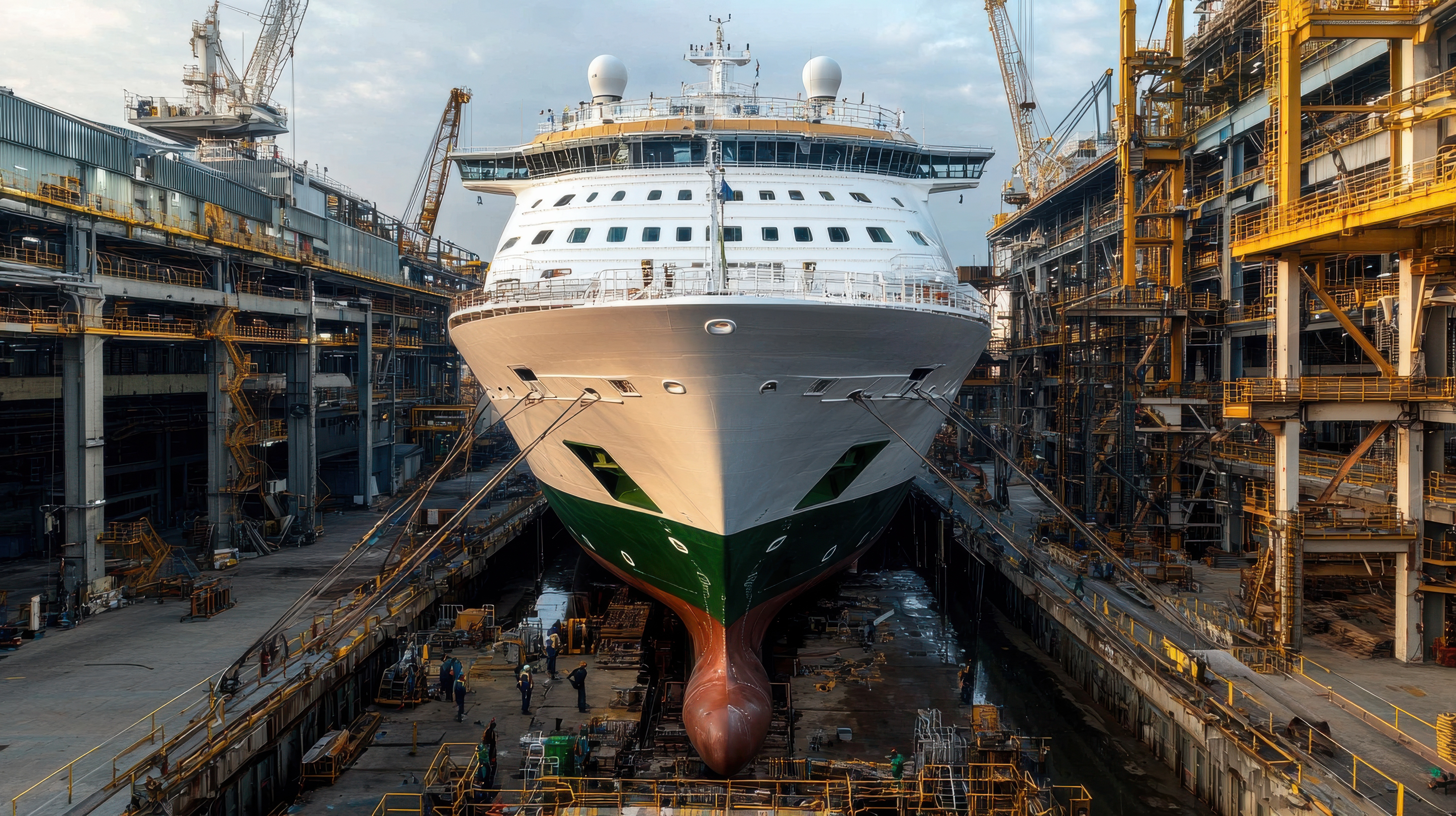Volcafe Ltd and others v Compania Sud Americana de Vapores SA [2016] EWCA Civ 1103
Facts
Bagged coffee beans, carried in lined, non-ventilated containers, suffered condensation damage. Carriage was on LCL/FCL (less than container load/full container load) terms which means the carrier was responsible for preparing and stuffing the containers. The bills of lading incorporated the Hague Rules and recorded shipment in apparent good order and condition.
The claim against the carrier was for negligence and/or failure properly and carefully to load , handle, stow, carry, keep, care for and discharge the cargoes in breach of article III rule 2 of the Hague Rules. The carrier raised the Article IV rule 2(m) inherent vice defence, alternatively that damage was inevitable.
It was common ground between both parties that:
- condensation was inevitable when a hygroscopic cargo such as coffee beans was carried from a warm climate to a cold climate and that there was no certain way to prevent condensation damage when bagged coffee was carried in lined, unventilated containers; and
- that carriage as above was a widespread commercial practice.
The Court of Appeal Judgement
The Hague Rules applied
- Where the obligation to stuff its own containers was assumed by the carrier, the contract of carriage would be interpreted as including that obligation as part of the carrier's loading obligation
Burden of Proof in respect of an action under the Hague (or Hague-Visby) Rules
- To establish a cause of action based on the carrier's breach of article III rule 2, the cargo claimant must demonstrate the goods were loaded in apparent good order but delivered damaged.
- The carrier must then explain what happened to the goods while they were in his care; if he cannot explain, the claim will almost certainly succeed.
- If the explanation invokes an article IV rule 2 exception, the burden of proof is on the carrier. The carrier need not disprove negligence, unless he relies on the rule 2(q) "catch-all" exception (in which case the burden is on the carrier to prove that there was no negligence).
- If the carrier establishes a prima facie defence based on an excepted peril, the burden of proof shifts to the cargo claimants to establish negligence on the part of the carrier.
Inherent vice and/or inevitability of damage
The carrier had a sustainable defence of inherent vice under Article IV Rule 2(m). The judge should then have gone on to consider if this defence was negated by the carrier's failure to implement a "sound system". In addition, the carrier's alternative defence that the damage to the cargo was inevitable should have been upheld.
"Sound system"
The carrier is not obliged to ensure that the cargo is delivered without any damage, but rather to ensure that reasonable care is taken in accordance with general industry practice. If shippers wish to impose a higher standard of care than general practice, they should pay the premium for using ventilated containers.
Comments
The Club thinks this case is particularly helpful in clarifying the respective parties' burdens of proof when an inherent vice defence is raised, and in explaining that a carrier's obligation to employ a sound system does not mean that he has to employ a system which would absolutely prevent damage.




